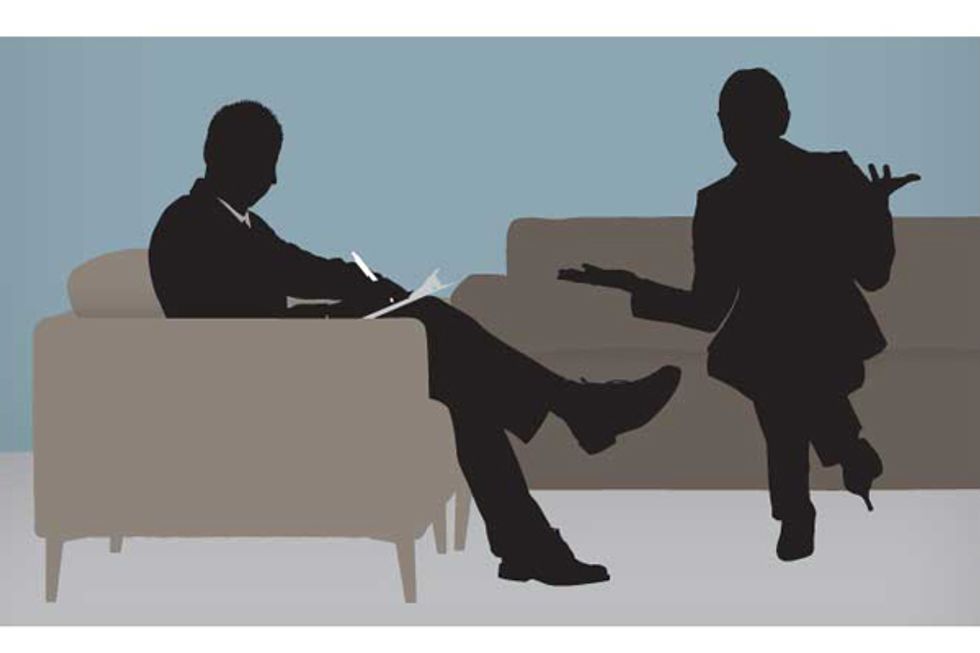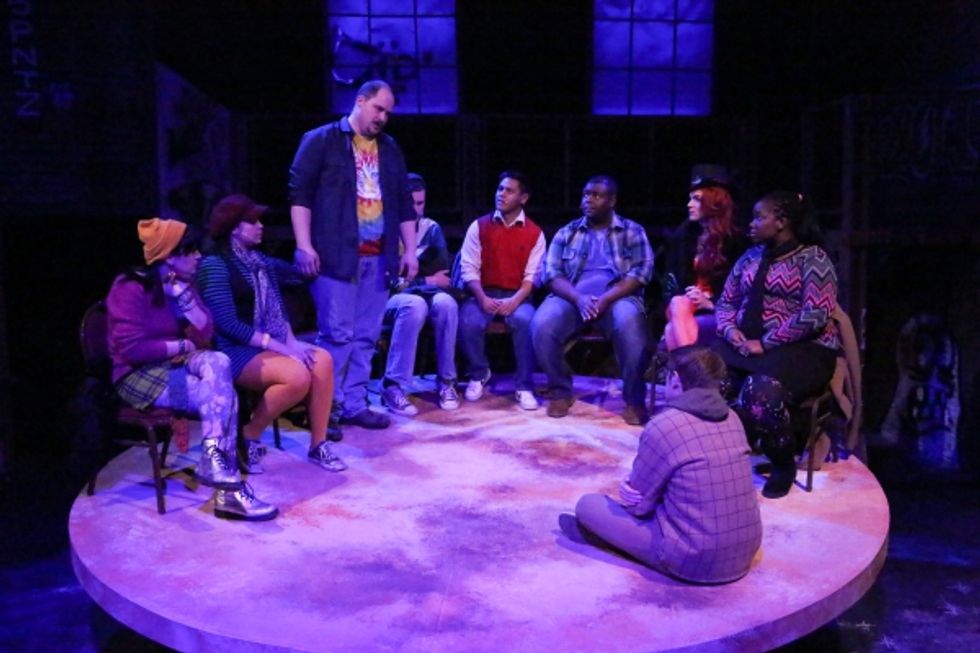If you're reading this, you or someone you care about probably has a chronic illness and is currently in, or is about to begin college. Balancing both a chronic illness and a college schedule can be difficult, but it's definitely not impossible. I've put together a list of some of the things I've found really helped me to find a sense of balance, and maybe some of these tips can work for you too.
1. Talk With Disability Services
Get some documentation about your condition and schedule a meeting with disability services. They can talk to you about different accommodations that are available to you. Whether you need accommodations for academics, housing, or dining, disability services is a great place to start because if they can't make it happen, they know who can. They can also help you talk to your professors about your condition and make sure that they understand that your needs might be different than what they're used to.
2. Talk With the Health Center
Make sure that the Health Center is aware of your condition and any medical needs you have. It's better to have them aware before you need them than to have to explain your condition in an emergency situation.
3. Meet With Your RA
Your RA is a great contact person to have. Teaching your RA about the basics of your condition can be extremely helpful in an emergency situation. I taught my RA how to handle my food allergies, and she taught the other residents on my floor, which made me feel safer because I was surrounded by people who knew how to use an EpiPen and were aware of the food allergies on our floor.
4. Go to the Counseling Center
College is stressful enough on its own. Add in a chronic illness and you've got a lot to deal with. Don't force yourself to go through it alone. You have the resource available, so you might as well use it.
5. Find a Support Group
Whether its online or in person, a support group either for your specific condition or for general chronic illness can be a huge help. Just having people to talk to who understand what you're going through can make you feel less alienated. And you never know what you might learn from the other people in the group. People get creative when they're faced with a struggle. Something that worked for them might just work for you.

























